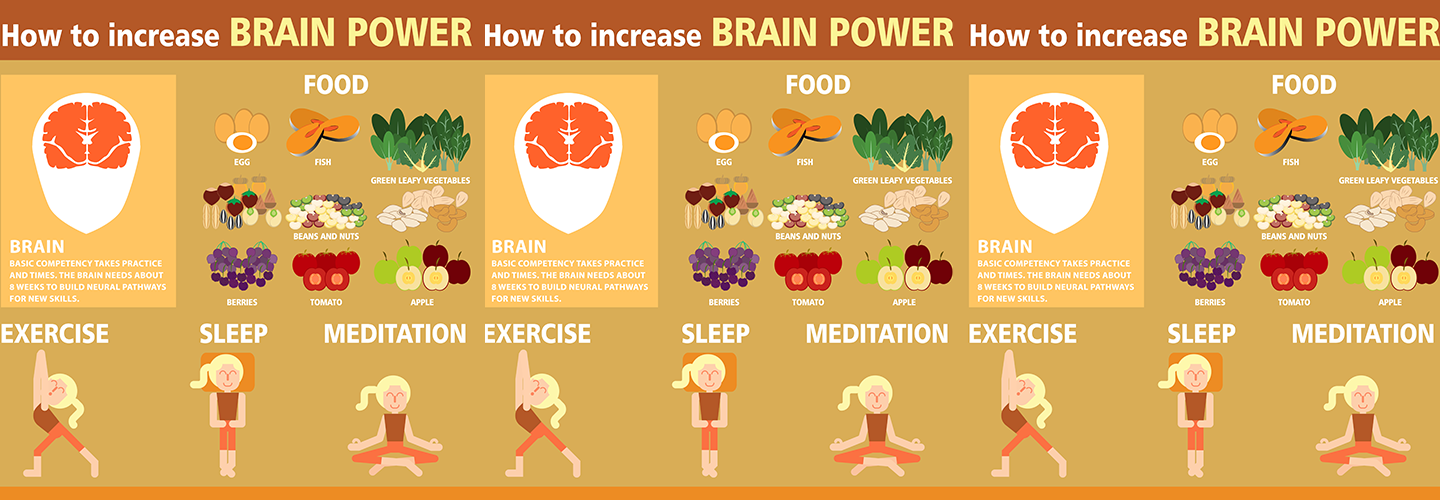The Benefits of “Brain Fitness”
- Home
- Blog

We all know that regular cardiovascular fitness promotes healthy heart, lung and blood vessel function; and can Improve symptoms of anxiety and depression and promote healthy longevity.
Evidence increasingly supports that “cognitive fitness” comparably benefits our brains as well. One of the fastest growing areas of neuroscience relates to how brain structure and function can be preserved and enhanced as we age.
Brain fitness is expected to become increasingly important as baby boomers age, and along with increased longevity will come a predicted rise in cognitive diseases (so called “neurodegenerative disorders”) such as Alzheimer’s. There is good evidence that regularly scheduled cognitive exercises and activities can help delay the onset of the clinical symptoms of these dementias.
For example, a European study of elderly identical twin nuns demonstrated that the twin that engaged in regular cardiovascular exercise, combined with significant cognitive stimulation, was able to absorb five times the number of “senile plaques” (abnormal protein deposits in brains cells of Alzheimer’s patients) than their sedentary twin, before developing the clinical signs and symptoms of dementia.
In a separate study reported in SharpBrains, for every “activity day” (participation in one activity for one day a week) the study participants subjects engaged in, the onset of rapid memory loss associated with dementia was delayed for about two months.
In this study the positive effect of brain-stimulating activities appeared to be unrelated to the person’s level of education.
What these studies suggest is that cognitive stimulation and fitness build up ones “brain reserve” which determines how much brain cell damage can be absorbed prior to demonstrating clinical symptoms of dementia. There is evidence that part of the development of this reserve results from the cognitive stimulation causing the brain cells to release molecules that bathe the cell prior to them (the “presynaptic neuron”) with what are called “neurotrophic factors” that preserve and protect the cells from damage. The studies support that the more brain stimulating activities one does and the more often one does them, the better the results for a stronger cognitive reserve.
The bottom line is that by committing yourself to a regular program of intellectual stimulation, cardiovascular fitness, and social engagement you will help to keep your brain more fit, and provide yourself a richer life experience!
Related Information
- Learn about Genetic Testing
- Learn about Potomac Psychiatry
- Meet Our Doctors
- Contact Potomac Psychiatry


